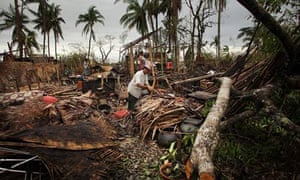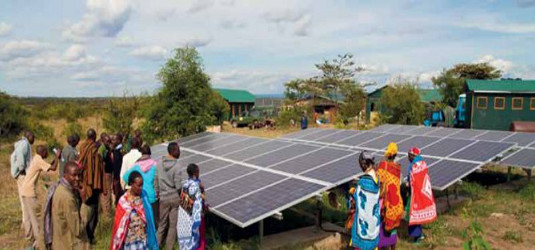The Disproportionate Effects of Climate Change
By Saumya Vishnoi
In the past decade, 8 out of the 10 countries that were most affected by extreme weather events were developing nations. Specifically, a 2015 study projects that by 2100, incomes in poorer countries will decline by 75% compared to a world with no warming. In contrast, developed countries are projected to see their incomes increase. Another study reveals that Bangladesh's GDP per capita is 12% lower due to global warming than what it could have been - Brazil's is 25% and India's is 30%.

Statistics evidently show that these poorer nations will suffer the blunt of climate change. But why? There are several explanations but the primary factor is simply that these countries lack the resources to currently combat climate change. For example, Miami beach is spending hundreds of millions of dollars to prepare for climate change by installing pumps and raising the elevation of their streets. However, poorer countries don't have resources to prepare for any climate-related disasters. This, however, is an example of a positive feedback loop. The developing nations are hurt the most by climate change which hurts their economy by reducing the amount of food crops and destroying homes, which then leads the country to go further into poverty.
It is not fair to hold developing nations accountable for climate change when developed nations account for a vast majority of the amount of fossil fuels in the air. Therefore, developed nations must actually help their poorer counterparts to solve both problems: poverty and climate change. One important way this can happen is with richer countries building sustainable power grids in there poorer countries. This way, these countries can gain access to energy and alleviate themselves out of poverty in a clean way. Developed nations need to help solve the problem that they have exacerbated.

Sources:
https://www.latimes.com/opinion/editorials/la-ed-climate-change-global-warming-part-2-story.html
Questions:
What do you think developed nations can do to help developing countries combat climate change?
What other factors contribute to this climate change inequality?
What surprised you the most about this climate change inequality?




















